Alle Monographien (DEUTSCH/ENGLISCH/ITALIENISCH) - All Monographs (GERMAN/ENGLISH/ITALIAN) - Tutte le Monografie (TEDESCO/INGLESE/ITALIANO)
2021
Quando il cielo di squarcia. Il corano come evangelo per i Cristiani
Kurt Appel
EDB: Bologna 2021 (peer reviewed)
ISBN: 9788-88-10-55993-2
In questo manifesto teologico si pone la questione di cosa significhi che dopo il cristianesimo si affermi una religione – l’islam – con la pretesa di rivelazione che si riferisce a Gesù e al cristianesimo. C‘è una rivelazione di Dio nel Corano e possono i cristiani riconoscere un Evangelo in esso? Cosa significa quando cristiani e musulmani parlano insieme in nome di Dio, come nel caso di papa Francesco e del Grande Sceicco della Moschea Al-Azhar Al Tayyeb? Questo libro solleva inoltre due interrogativi: se cristiani e musulmani devono considerare le loro fedi l'una alla luce dell‘altra e cosa comporterebbe per un‘interpretazione della rivelazione cristiana considerare il Corano come una rivelazione voluta da Dio.
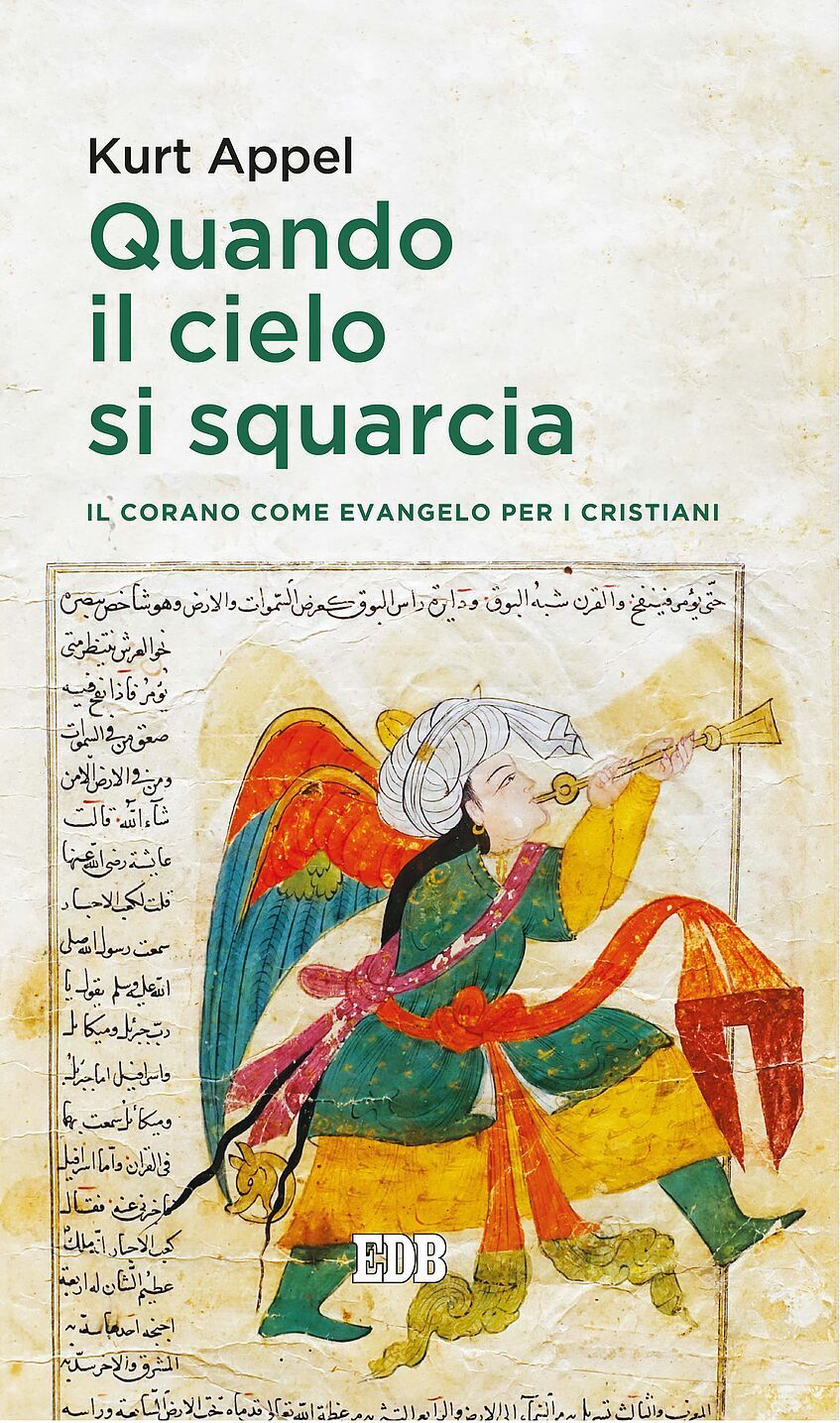

Trinità e apertura di Dio
Kurt Appel
Tradotto da Marco Casadei (Al di là del detto 89), Pazzini Editore: Rimini 2021
ISBN: 9788-8-6257-3726
Versione tedesca (Deutsche Version): Trinität und Offenheit Gottes 2016 (peer reviewed)
This volume attempts to think "God" from the phenomenon of the open. Biblical texts and philosophical reflections (Kant, Hegel, Merleau Ponty, Agamben, Bahr and others) are used to address the openness of time, space, the vulnerable, the guest, the name, the body and the text. As an epilogue, the Christian idea of the Trinity is interpreted as the openness of God.
2018
Il neognosticismo
Kurt Appel (in Kooperation mit Isabella Guanzini)
San Paolo: Brescia 2018
ISBN: 9788-8-9221-7836
La categoria di “nuova gnosi” ritorna in maniera costante, come bersaglio critico, nel magistero di papa Francesco. Il neognosticismo, spesso associato a un’altra tendenza oggi diffusa, il neopelagianesimo, viene infatti considerato dal Papa come una deriva pericolosa della vita di fede dell’uomo contemporaneo, caratterizzata da una logica fredda e dura che vuole dominare tutto e da una spiritualità disincarnata, in cui si cerca di addomesticare il mistero di Dio e della sua grazia.
L’analisi di questa categoria, e delle sue inevitabili ricadute antropologiche e pastorali, può contribuire in modo decisivo alla comprensione della visione teologica di papa Francesco. Come ben dimostra questo volume, alla sfida del possibile ritorno di quest’antica eresia il Papa risponde con l’accorato invito alla Chiesa ad essere profondamente incarnata nel proprio tempo, a farsi promotrice di una «rivoluzione della tenerezza», a non lasciarsi sedurre dal «ragionamento logico e chiaro», ad avere come “dottrina” il Vangelo di Gesù Cristo.
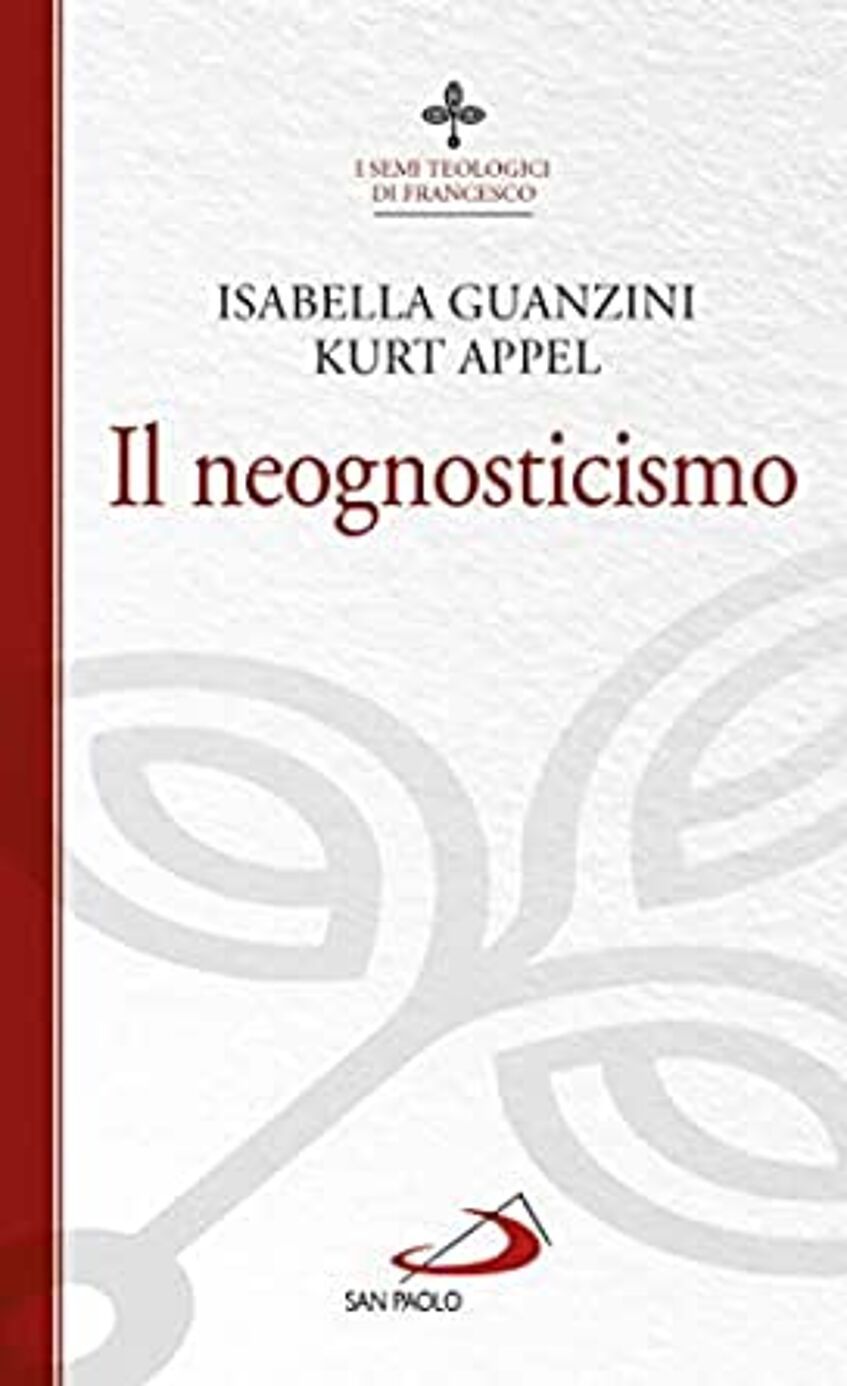
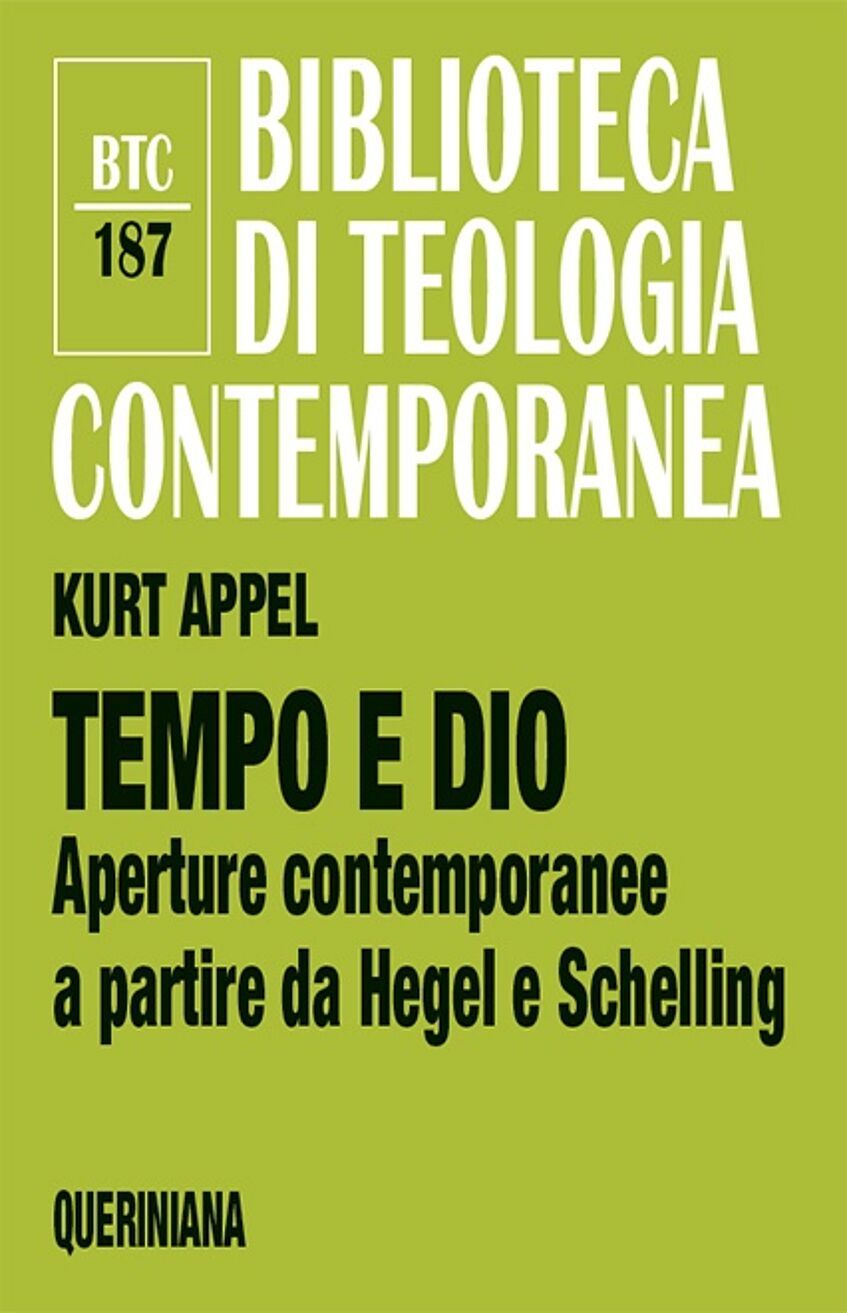
Tempo e Dio. Aperture contemporanee a partire Hegel e Schelling (BTC 187)
Kurt Appel
Queriniana: Brescia 2018 (peer reviewed)
ISBN: 9788-8-3990-4874
The following book presents a theological theory of Time arising from Hegel and Schelling. A philosophical appraisal of Time is integral to the notion of God, and a key into understanding Hegel's speculative dialectic and Schelling's late eschatological philosophy. The book claims that neither currently prevailing chronological Time conceptions, nor classical theological representations of Time as preliminary to the eternal, fully suffice.
The first chapter reflects upon the biblical figures of the seventh and eighth day and how these relate to a notion of non-chronological, eschatological and subject-centered Time. The ensuing chapters explore Leibniz, Kant and Heidegger’s conceptions of Time, demonstrating how Time is not to be understood as mere chronological order, existing independently of the subject. Similarly, Being should not be conceived of mechanistically, but ought to be understood as subject-centered. Chapter five highlights how Schelling, in developing his late Positive Philosophy, envisions a transition from history into eschaton, which necessitates a re-narration of the subject’s past.
Thus, Schelling’s concept of Time is essentially utopian in character. Similarly, Hegel’s idea of annulment of Time, which concludes his Phenomenology of Spirit, suggests that Time is no longer historiographically or physically representable, but reveals itself as the possibility of re-textualizing the past. Hegel’s speculative proposition, the core of his philosophy, does not only suggests a temporalization of being, but essentially indicates an openness and otherness which cannot be directly represented. The last chapter of the book assesses how this alterity can be connected to the biblical name of God, JHWH, whose promise is testified and performed in the biblical text and its ruptures and re-textualizations.
2015
Apprezzare la morte. Cristianesimo e nuovo umanesimo (perconoscienza 5)
Kurt Appel
EDB: Bologna 2015 (peer reviewed)
ISBN: 9788-8-1020-8106
The English version will be published 2020 as special issue of the Journal for Cultural and Religious Theory
This volume pursues the question of Christianity's contribution to a new humanism. It tries to introduce a view of the mortality, fragility and vulnerability of life as starting points of its transcendence. Time, language, modern symbolic order and prayer will be analyzed as they enter into a dialogue with the Bible, Hegel and Musil.
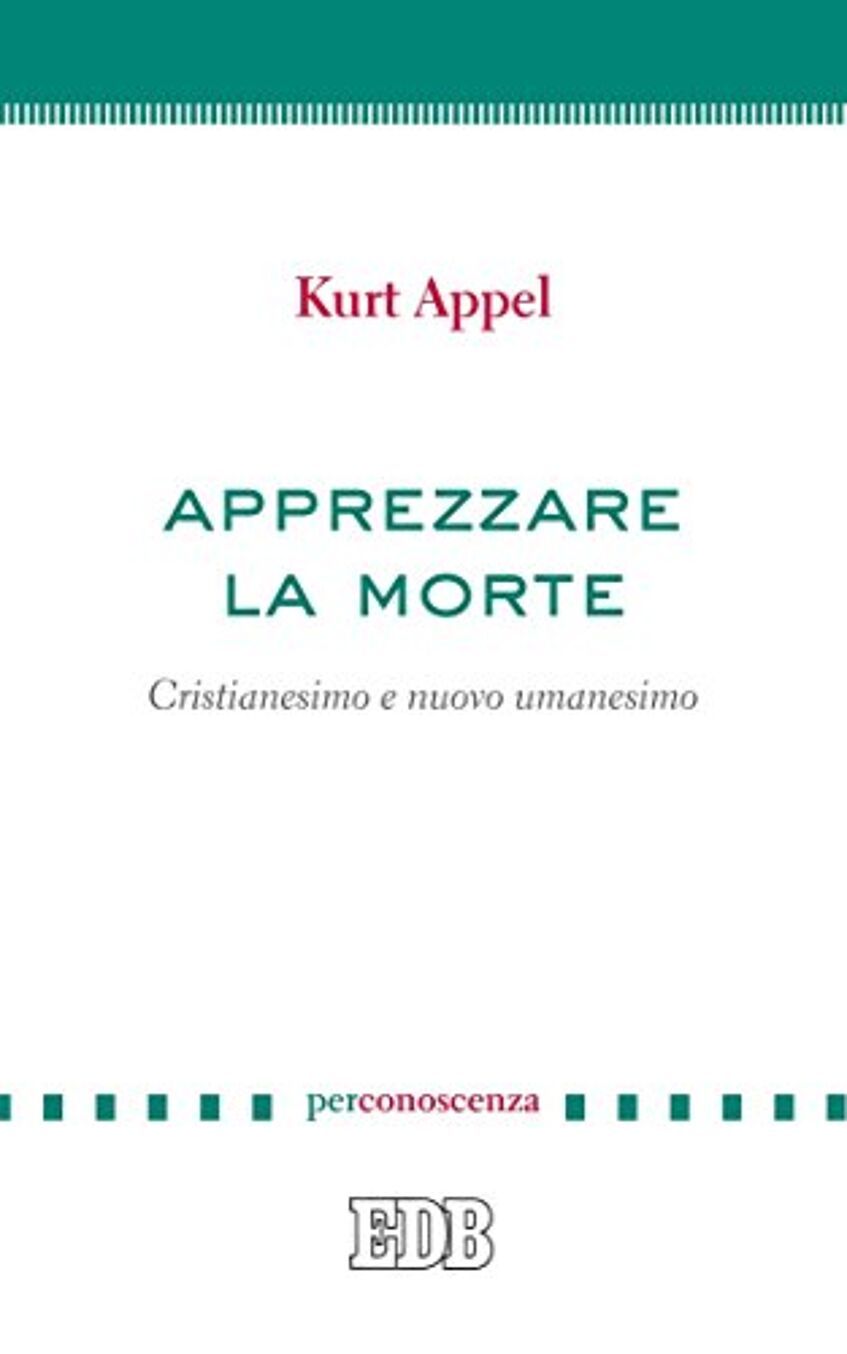
2008
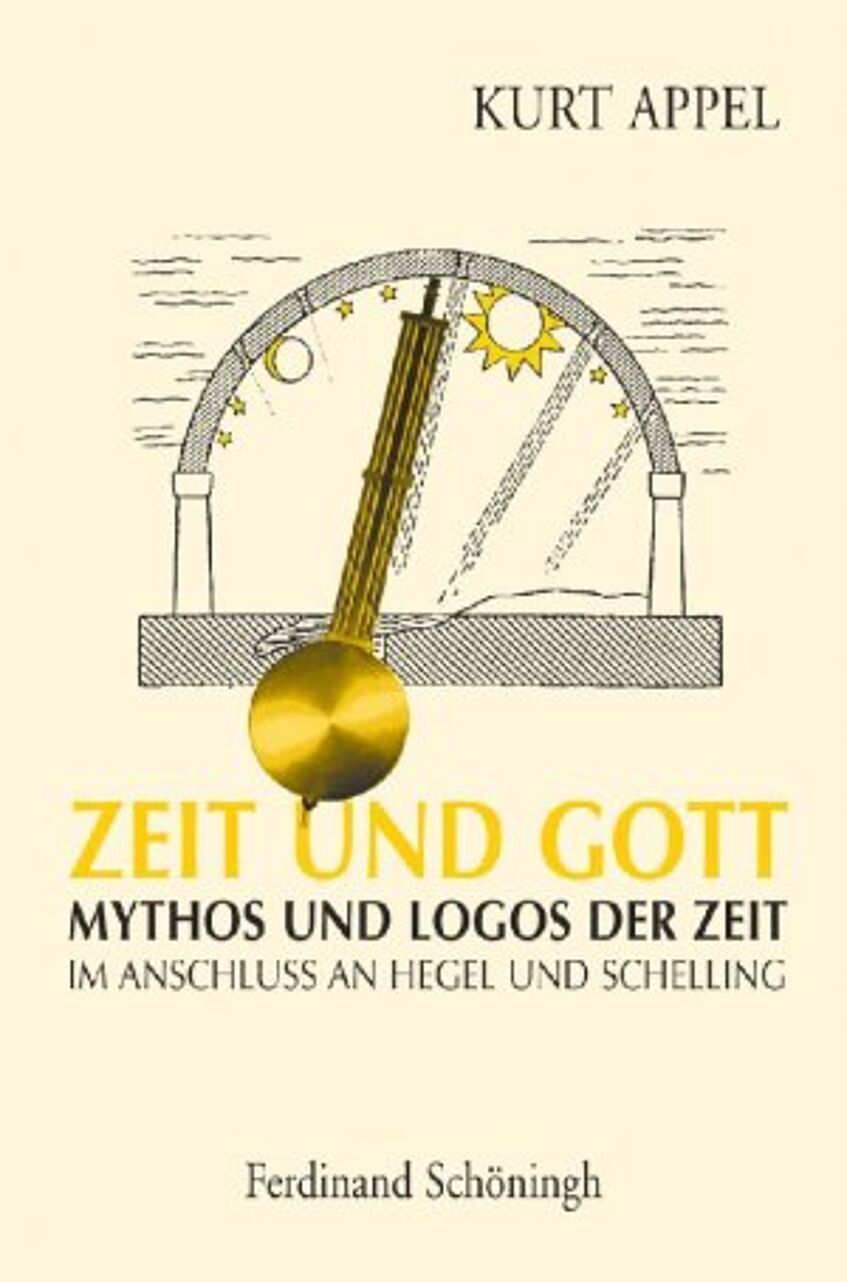
Zeit und Gott. Mythos und Logos der Zeit im Anschluss an Hegel und Schelling
Kurt Appel
(Wien: Univ., Habil. 2005 überarbeitet)
Ferdinand Schöningh: Paderborn 2008
ISBN: 9783-5-0676-4386
The following book presents a theological theory of Time arising from Hegel and Schelling. A philosophical appraisal of Time is integral to the notion of God, and a key into understanding Hegel's speculative dialectic and Schelling's late eschatological philosophy. The book claims that neither currently prevailing chronological Time conceptions, nor classical theological representations of Time as preliminary to the eternal, fully suffice.
The first chapter reflects upon the biblical figures of the seventh and eighth day and how these relate to a notion of non-chronological, eschatological and subject-centered Time. The ensuing chapters explore Leibniz, Kant and Heidegger’s conceptions of Time, demonstrating how Time is not to be understood as mere chronological order, existing independently of the subject. Similarly, Being should not be conceived of mechanistically, but ought to be understood as subject-centered. Chapter five highlights how Schelling, in developing his late Positive Philosophy, envisions a transition from history into eschaton, which necessitates a re-narration of the subject’s past. Thus, Schelling’s concept of Time is essentially utopian in character. Similarly, Hegel’s idea of annulment of Time, which concludes his Phenomenology of Spirit, suggests that Time is no longer historiographically or physically representable, but reveals itself as the possibility of re-textualizing the past. Hegel’s speculative proposition, the core of his philosophy, does not only suggests a temporalization of being, but essentially indicates an openness and otherness which cannot be directly represented. The last chapter of the book assesses how this alterity can be connected to the biblical name of God, JHWH, whose promise is testified and performed in the biblical text and its ruptures and re-textualizations.
2003
Entsprechung im Wider-Spruch. Eine Auseinandersetzung mit dem Offenbarungsbegriff der politischen Theologie des jungen Hegel
Kurt Appel
(Wien: Univ., Diss. 2002 überarbeitet)
LIT: Münster [u.a.] 2003
ISBN: 3-8258-6605-x
Ziel der vorliegenden Arbeit ist es, die Offenbarung Gottes in der Weltwirklichkeit und deren Brüchen herauszuarbeiten. Ausgangspunkt sind dabei die Jugendschriften Hegels, deren gesellschafts- und erkenntniskritisches Potential freigelegt und für das Offenbarungsthema fruchtbar gemacht werden soll. Dabei wird ein "positives" Herrschaftsdenken kritisiert, welches der Anerkennung der Anderen in einer freien Gesellschaft, an deren Gestaltung das Subjekt nicht nur formal partizipiert, entgegensteht.
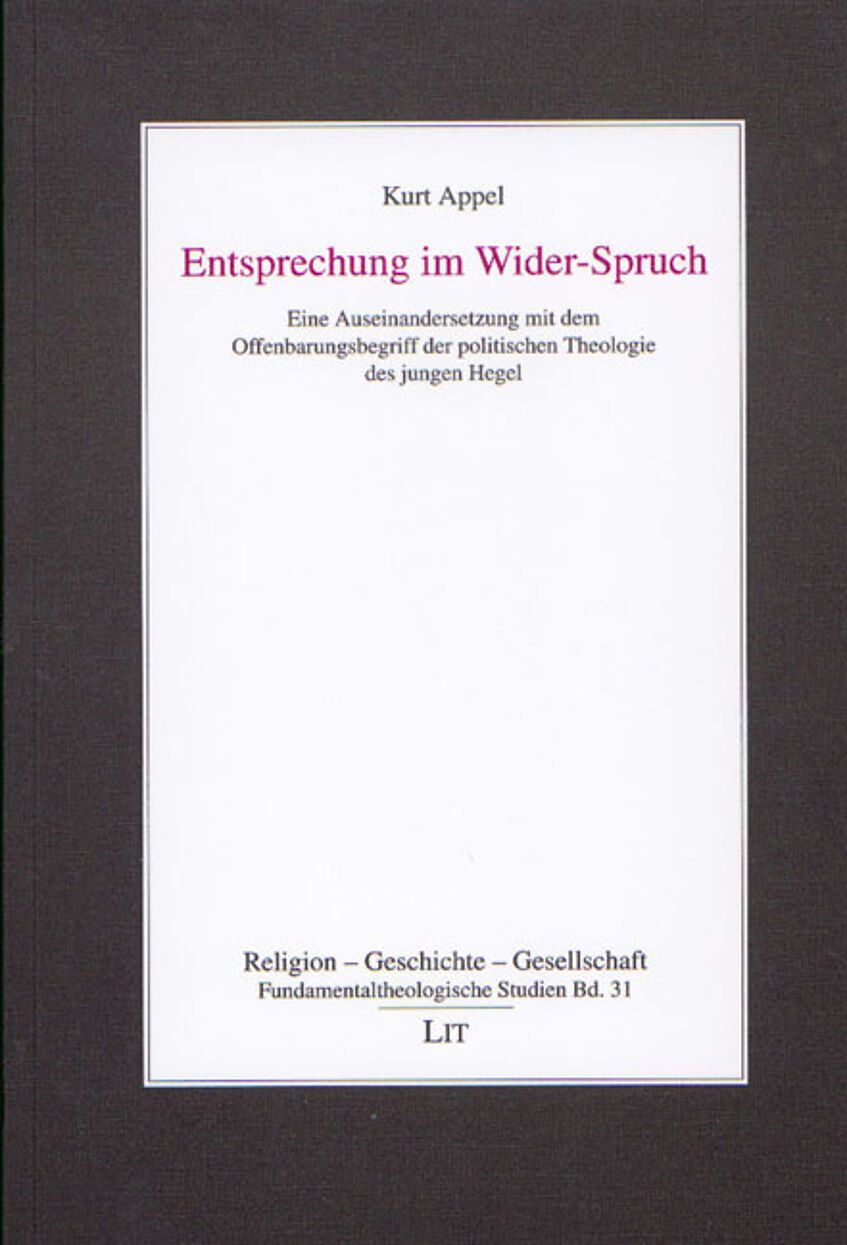
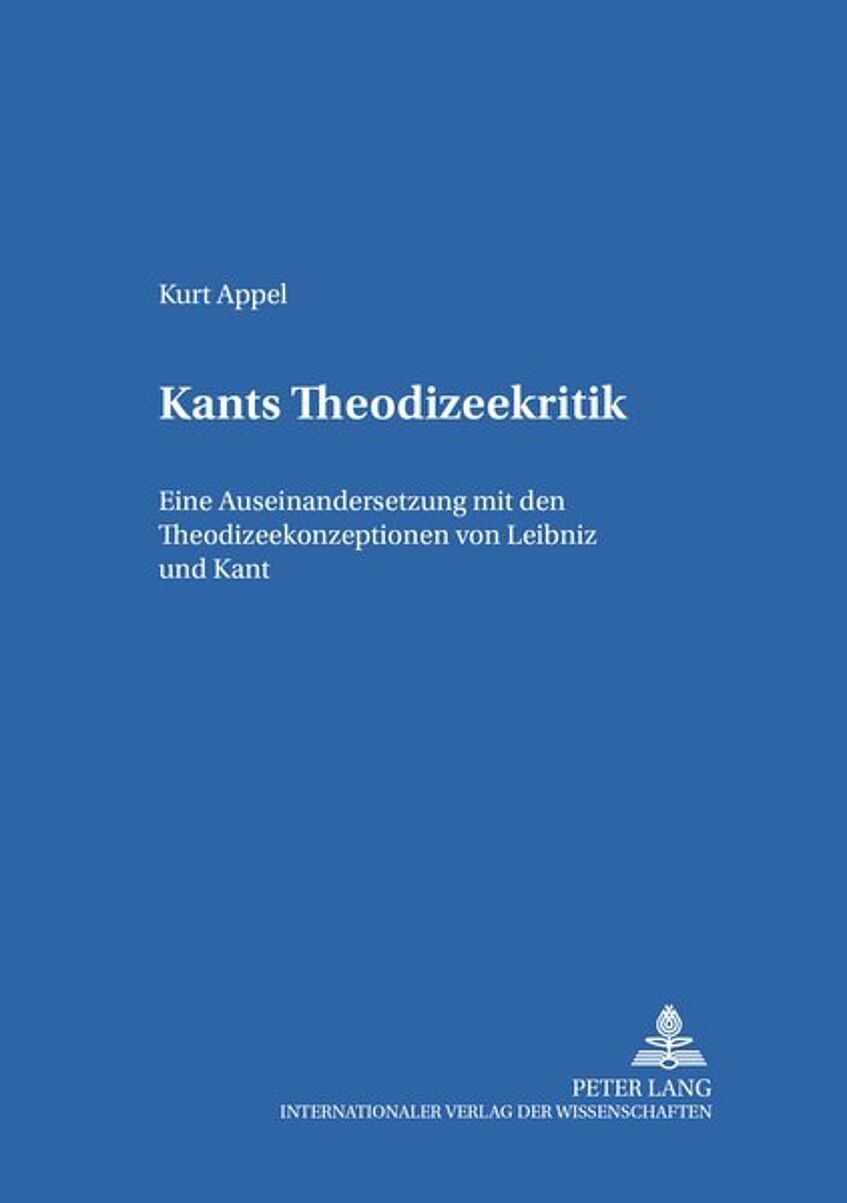
Kants Theodizeekritik. Eine Auseinandersetzung mit den Theodizeekonzeptionen von Leibniz und Kant
Kurt Appel
(Wien: Univ., Diss. 2000 überarbeitet)
Peter Lang: Frankfurt [u.a.] 2003
ISBN: 978-3-631-51672-0
Die Arbeit setzt sich mit der neuzeitlichen Theodizeefrage auseinander. In einem ersten Schritt wird versucht, den genuinen Gehalt der Philosophie von Leibniz darzustellen, dessen Werk für die weitere Diskussion dieser Thematik maßgeblich wurde. Dabei wird aufgewiesen, dass die Argumente von Leibniz empiristischen und fideistischen Bestreitungen einer Theodizee standzuhalten und den Glauben an den allmächtigen und gütigen Gott mit dem Phänomen menschlicher Freiheit in Verbindung zu bringen vermögen. In einem zweiten Schritt werden die Positionen von Kant und Leibniz konfrontiert. Dabei zeigt sich, dass Kant den von Leibniz bezeichneten Weg nicht verwirft, sondern weiterführt und die Theodizeefrage konsequent in der Praxis menschlichen Weltumgangs zu verorten vermag.